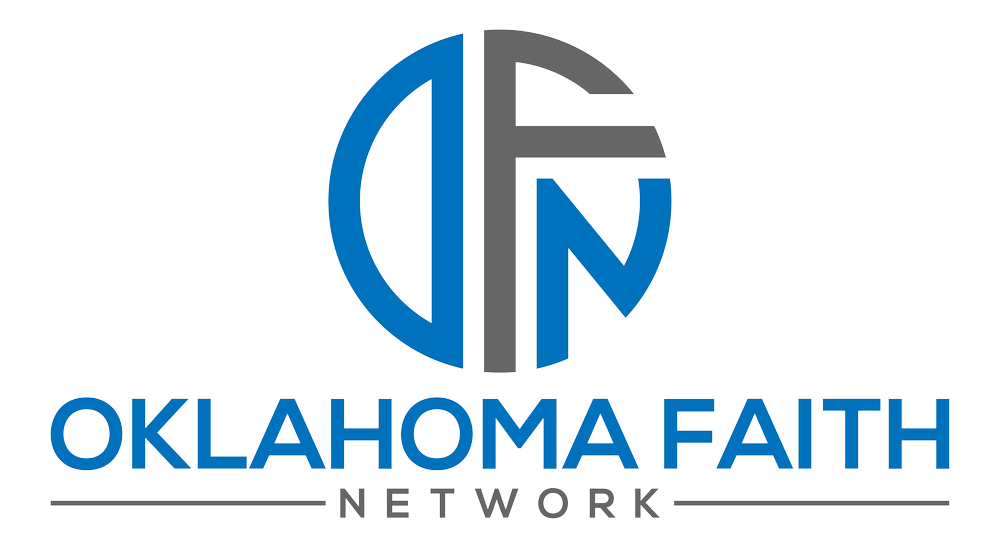April 5, 2021
Dear Legislator,
Thank you for your service to the residents of Oklahoma and for taking time to read this correspondence.
House Bills 2041 and 2083 — now assigned to the Senate Finance Committee and Appropriations Committee — are extremely concerning to us. The loss of $540 million in revenue, which will occur if the bills become law, effectively wipes out revenue progress gained in 2018 and leaves Oklahoma ill positioned to address future budget issues.
We strongly believe HB 2041 and HB 2083 have many significant implications, including:
Oklahoma has many significant, unmet needs in education, roads and bridges, health care, broadband availability, and much more. These needs are especially prevalent in our rural areas and for our state’s underserved communities. Cutting revenue leaves Oklahoma falling further behind as we work to address these critical issues.
Recent history has shown us that Oklahoma’s state budget is susceptible to economic fluctuations, which have resulted in revenue failures in recent years. Additionally, the constraints of State Question 640 make new revenue difficult to achieve.
We must restore our state’s savings accounts to their 2019 level so that we can weather any future economic troubles without hurting our essential public services.
Although federal dollars to address the needs of people and businesses resulting from the COVID-19 pandemic are readily available at this time, the long-term impacts of COVID-19 — particularly in the areas of health care, mental health services, domestic violence, infrastructure and more — will surely continue far beyond the current infusion of federal funds. Reducing revenue now will hamstring the state’s ability to address these issues moving forward.
Nearly all of the corporate tax reductions will accrue to corporations and individuals who reside outside of Oklahoma. Giving those out-of-state corporations a tax cut will hurt home-grown businesses because most Oklahoma business owners pay taxes on business profits through the individual income tax at a five percent rate, while corporate competitors’ profits would not be taxed at all.
Half of the benefit of the personal tax cut goes to households earning $100,000 or more. Equity and fairness in the tax code should be a priority for any changes made. Any tax reductions should help Oklahomans most damaged by the pandemic, who are more likely to spend all of their income in our local communities
The House author has argued that categorizing HB 2041 and HB 2083’s tax code changes as “tax credits” would allow future Legislatures to remove those credits and restore this revenue without being subject to the provisions of State Question 640. However, that position is not guaranteed to survive in a court challenge that would undoubtedly result from any effort to reverse the tax cuts.
While these measures are being advanced in the name of economic development, companies looking to relocate or expand operations make their location decisions based primarily upon workforce readiness and availability, costs for labor, construction, and utilities, and quality of life factors. Oklahoma has lost businesses to states with higher corporate tax rates, and the loss of additional state revenue makes it more difficult to add value to those determinants that businesses are looking for.
In the face of these concerns, we must also recognize there are elements included in HB 2041 that should be preserved, including restoring the refundability of the state’s Earned Income Tax Credit and reducing the cost of personal income taxes for low-income working Oklahomans.
The organizations listed below are unified in our commitment to ensure fair and equitable taxes in Oklahoma, while investing in public services that benefit all Oklahomans. We welcome the opportunity to discuss these issues more at length, and we look forward to working with you to help improve our state.
Sincerely,
Taxpayers for A Better Oklahoma
ACLU of Oklahoma
The Arc of Oklahoma
Community Food Bank of Eastern Oklahoma
Hunger Free Oklahoma
Let's Fix This
Oklahoma AFL-CIO
Oklahoma Conference of Churches
Oklahoma Education Association
Oklahoma Policy Institute
Regional Food Bank of Oklahoma
Together Oklahoma

